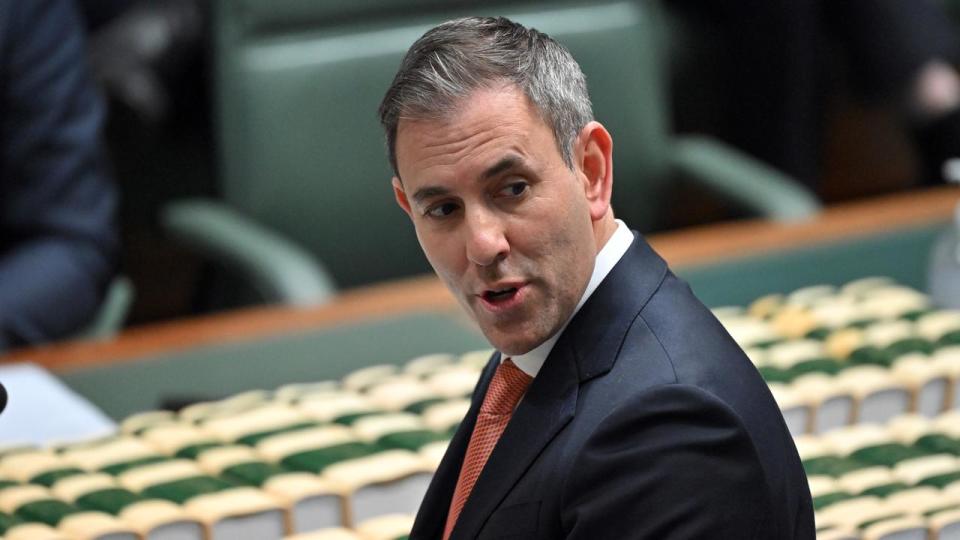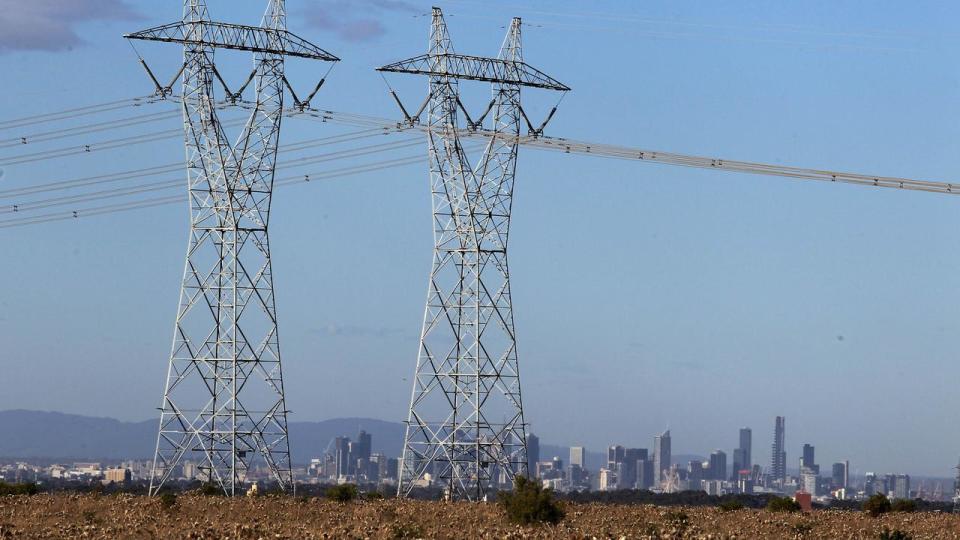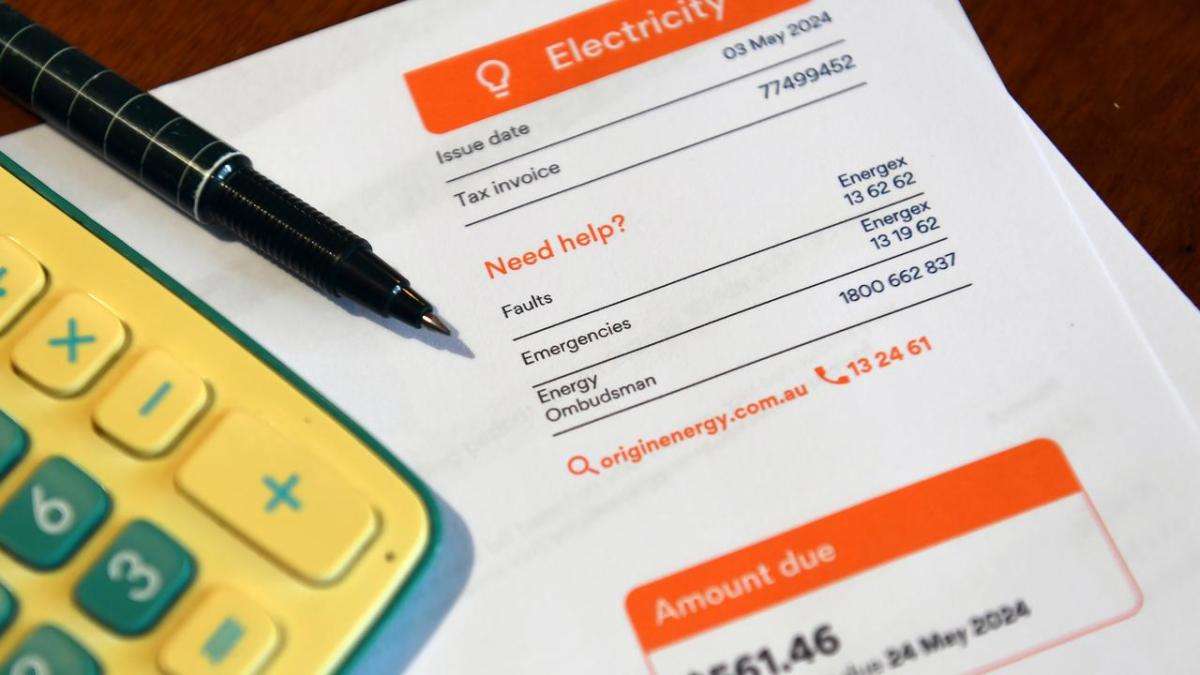More Australians are hurting financially from whopping power bills, which would be even higher without lower usage, cheap solar and taxpayer-funded rebates, an inquiry has found.
Customers are also benefiting from competition and greater discounts are available, but more are experiencing financial difficulties, according to the electricity market inquiry report released on Friday by the consumer watchdog.
The Australian Competition and Consumer Commission found electricity prices have increased substantially after the biggest energy crisis in 50 years, but bill relief provided by governments and lower energy usage has dampened the impact.

“This report shows that our efforts to take the sting out of energy prices are making a meaningful difference,” Treasurer Jim Chalmers said.
“From next week, we have even more cost of living relief on the way, including more rebates for more households and small businesses,” he said.
A milder winter, fewer coal supply issues and an increase in cheap wind and solar supply also contributed to lower national electricity market prices across 2023, the long-running inquiry found.
From July 1, all households will get a $300 credit automatically applied to their electricity bills in quarterly instalments, and around one million small businesses will receive $325 off their bills over 2024/25.
“We’re also making sure the energy market is fairer, so Australians get the best possible deal on their power bills,” Energy Minister Chris Bowen said.
“We’re working to deliver ‘one-click-switch’ to a cheaper energy deal, cutting excess fees and charges, and making sure anyone eligible for a bill discount gets it,” he said.


Prices for electricity plans increased significantly in 2023 to cover the increased risk of wholesale price spikes following the market volatility of 2022.
While the impact of wholesale conditions on prices had since eased following market intervention, network costs were increasing, the report covering NSW, Victoria, South East Queensland and South Australia found.
Prices for default offers will fall from July 1 in all of these regions except southeast Queensland for residential customers and small businesses.
The consumer watchdog said it would continue to monitor retailers’ costs, as well as the prices consumers face, to ensure the benefits of any substantial and sustained cost reductions are shared with households and small businesses.
Lower wholesale prices are flowing through to retail prices, and have fallen to $76 a megawatt/hour over the first three months of 2024 from $375 a megawatt/hour when the Albanese government was elected.













